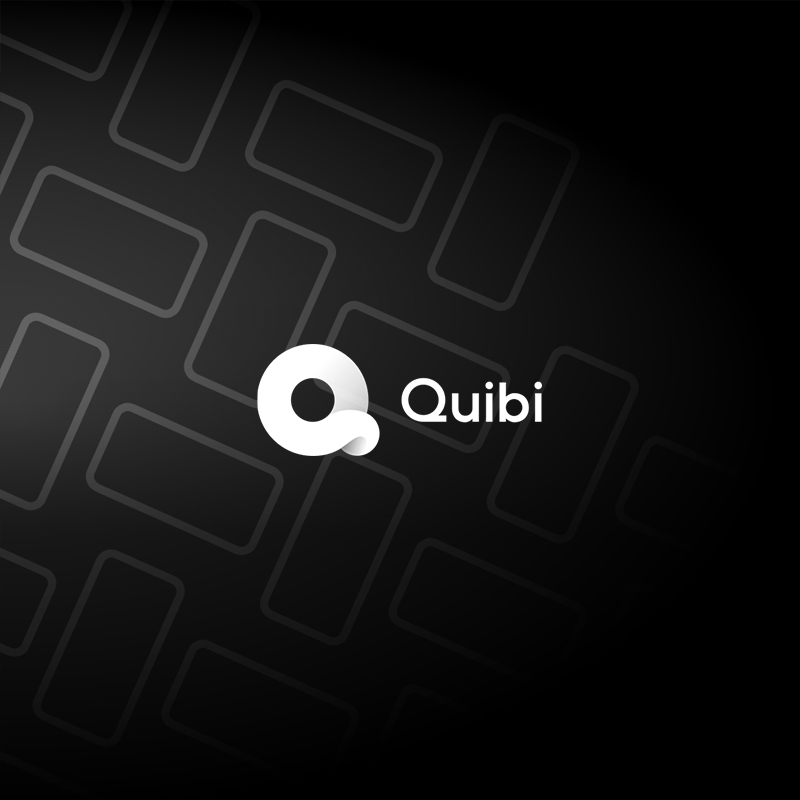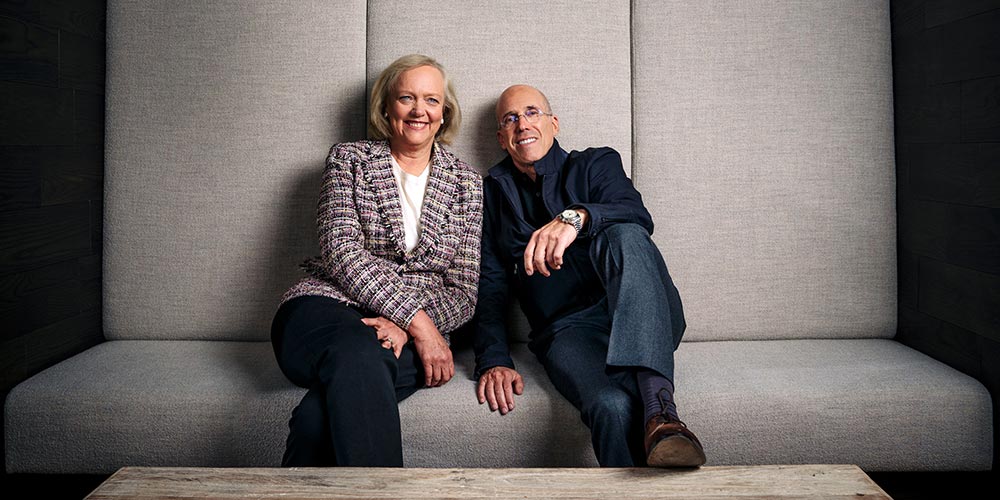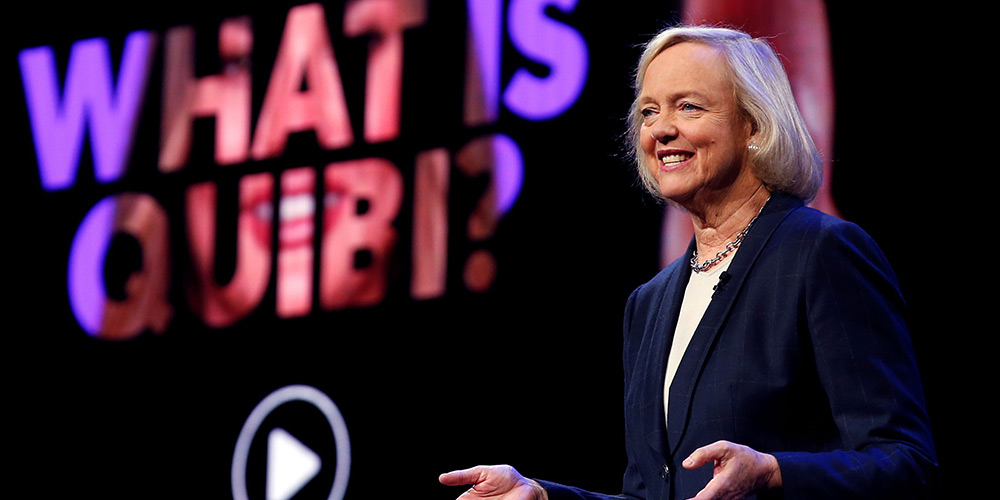
Conducting a business is never an easy thing to do. And if that business is an online business, it is competing in an even more unforgiving world.
And amid the 'COVID-19' coronavirus pandemic that managed to slow down the economy and diminishes people's interest in many things throughout the world, the crisis has taken yet another online business victim.
And that victim, is the young Quibi.
Quibi may not be a familiar name to most people. It's far from Facebook, YouTube, Instagram or Twitter. It's in no league with Snapchat, and it's not even comparable to some other lesser social media platforms.
Most notably, this is because Quibi was only around 6 months old when its founder decided to terminate it.
Quibi was a shortform mobile-focused streaming service. But because it was only months old before it was killed, that made it one of the shortest-lived streaming services to date.
The platform did managed to have a lineup of expensive, star-studded original shows and shortform videos.
But it's the height of the global pandemic that is very unforgiving, that forced its demise.
Quibi was founded in August 2018, originally as 'NewTV' by Jeffrey Katzenberg.
Katzenberg is better known as an American film producer that was the chairman of Walt Disney Studios from 1984 to 1994, during the time in which the studio launched originals like The Little Mermaid, Beauty and the Beast, Aladdin, and The Lion King.
It was on April 6th, 2020, that the service was formally launched.
With Meg Whitman as its CEO, the company was literally controlled by those who was in the entertainment business.
Whitman, besides being the former president and CEO of Hewlett Packard Enterprise, she was also an executive in The Walt Disney Company, where she was vice president of Strategic Planning throughout the 1980s. Whitman was also an executive for DreamWorks, Procter & Gamble, and Hasbro.
And Quibi here, targeted the younger demographic, putting it against Snapchat and Instagram. It's way of conducting business, was by offering a way for its users to create "the next generation of storytelling" in the form of minutes-long episodes called "quick bites".
The company managed to raise $1 billion in funding from major Hollywood film studios, TV companies, telecommunications companies, technology companies, banks, and other investors.
And when it was launched on April 6, 2020, it quickly propelled itself upwards in app stores, receiving more than 1.7 million downloads in its first week.

Unfortunately for Quibi, it failed to keep that momentum.
Shortly after its first astounding week, Quibi's app fell out of the list of the 50 most downloaded free iPhone apps in the U.S.. In May, Sensor Tower ranked the app at number 125, and Quibi later said that it had 1.3 million active users.
Whitman was more positive in her assessment of the launch, the performance of the app in the market didn't please Katzenberg.
Katzenberg said that the performance was "not close to what we wanted," adding that, "I attribute everything that has gone wrong to coronavirus".
In early June, Quibi again dropped further down, and had fallen out of Sensor Tower's 1000 apps rankings. With 2 million users, Quibi had far less that the projected 7.4 million total.
As it started reducing its workforce and tried looking for new investors, Quibi again struggled as only a small percentage of its early wave users had converted to paying subscribers. Quibi quickly tried addressing the issue, by launching a free, ad-supported version of the service in Australia and New Zealand.
Quibi also reduced the price of its subscription.
But without funding, Quibi is quickly burning money. As it started looking for buyers, Quibi also started to look for other companies who want to back it, and tried to pursue Facebook to index its content.
Since the attempts also failed, on October 21, or just 6 months after its launch, Quibi is shutting down.

Katzenberg said that:
"So, out of respect for these people that put up this extraordinary amount of capital to do it, that's irresponsible and we both felt we shouldn't do it."
Whitman said that:
There is any number of factors that can led to Quibi’s demise.
First, is its launch as a mobile-only streaming service. Second, is its foray into the social media industry amid the coronavirus pandemic, where users were stuck at home, having lack of real unique and breakout content to create. And third, Quibi was competing in an industry already populated with powerful rivals, from Instagram, Snapchat, to YouTube, TikTok and others.
There were also speculations around Quibi's failure that is blamed on its own concept.
Then there were news about feuds between Whitman and Katzenberg, rumors about failures of leadership from Whitman, and some other more.
At this time, from the around $2 billion the company managed to earn and raised, it is said that Quibi has around $350 million left in capital, including what’s owed to creditors.
Quibi here, besides being one of the shortest-lived streaming services to date, also ranks among the priciest misfires of any entertainment-related startup.
